Gregg P. Skall’s Presentation to the TBD Working Group
December 11, 2017
On December 11, 2017, Gregg P. Skall was asked to present the keynote address to HHS’s inaugural TBD Working Group in Washington, DC. Mr. Skall has been the pro bono counsel for the National Capital Lyme and Tick-Borne Disease Association. During that time, he has represented patients and physicians with respect to the legal ramifications of the treatment of Lyme and tick-borne diseases. His interest in Lyme disease began 27 years ago when his wife was diagnosed with a mysterious illness, eventually diagnosed as Lyme disease. This interest has broadened to a national community of patients suffering from this complex. In 1998, Mr. Skall, along with his wife Monte, established the National Capital Lyme Disease Association, a non-profit organization that has been on the forefront of providing education, legislation and research for tick-borne diseases. For these past 20 years, Mr. Skall has passionately advocated for the acknowledgement of Lyme and tick-borne diseases and for the advancement of treatment. Here is a quote from his closing statement at the 2010 Institute of Medicine Workshop titled, Critical Needs and Gaps in Understanding Lyme and Other Tick-Borne Diseases:
“Medical progress should no longer be impeded by the polarizing controversy that was characterized by Lyme disease research in the past. The dialogue must continue and encourage mutually respectful collaboration across scientific disciplines and among researchers, clinicians, and patients, even when viewpoints differ, if we are to make progress.”
On December 11, 2017, Gregg P. Skall was asked to present the keynote address to HHS’s inaugural TBD Working Group in Washington, DC. Mr. Skall has been the pro bono counsel for the National Capital Lyme and Tick-Borne Disease Association. For these past 20 years, Mr. Skall has passionately advocated for the acknowledgement of Lyme and tick-borne diseases and for the advancement of treatment.
- Gregg P. Skall, General Counsel at NatCapLyme




